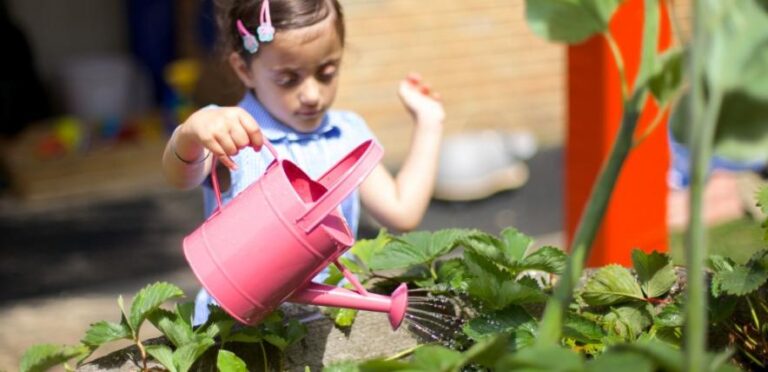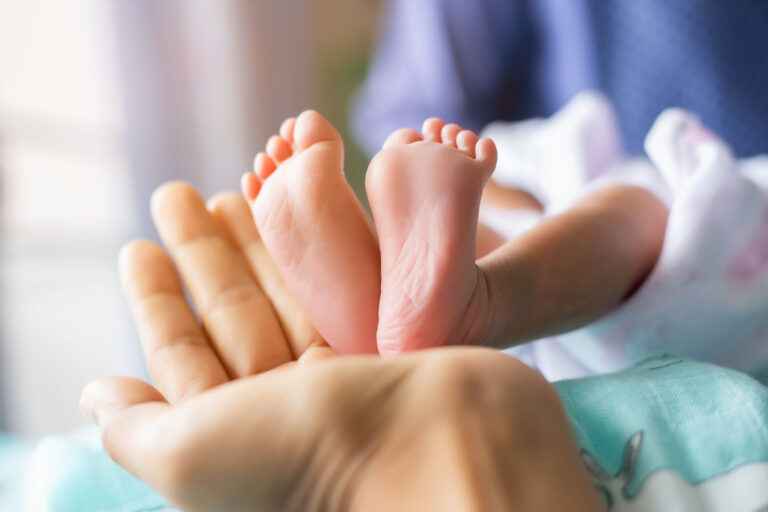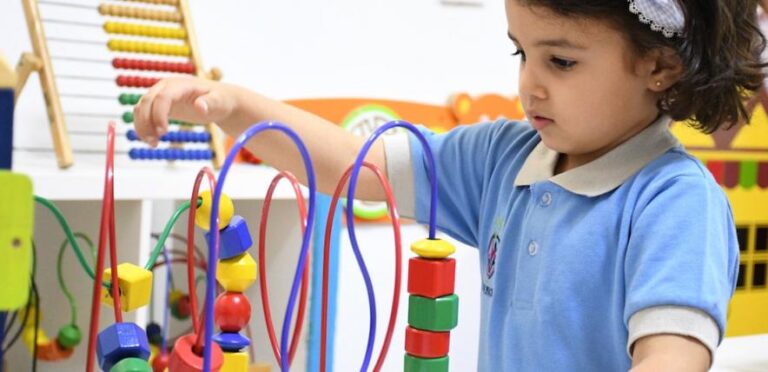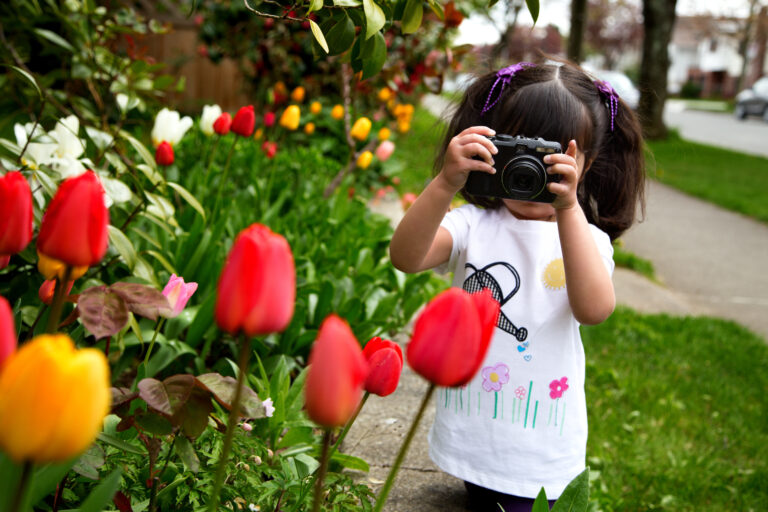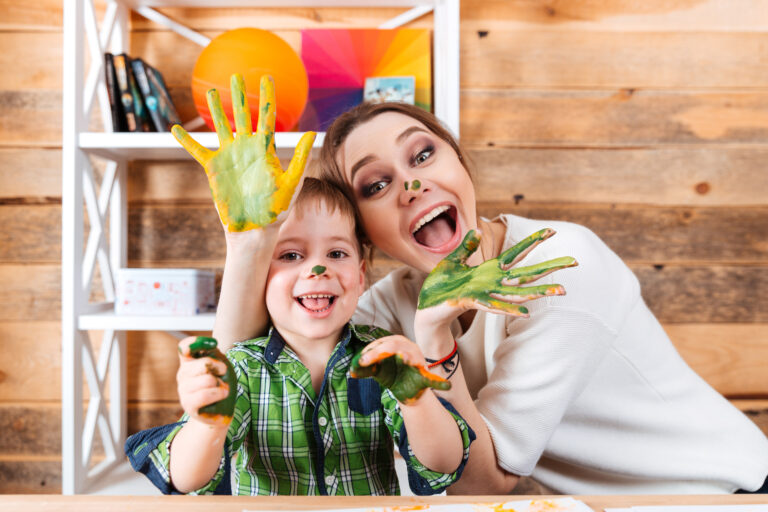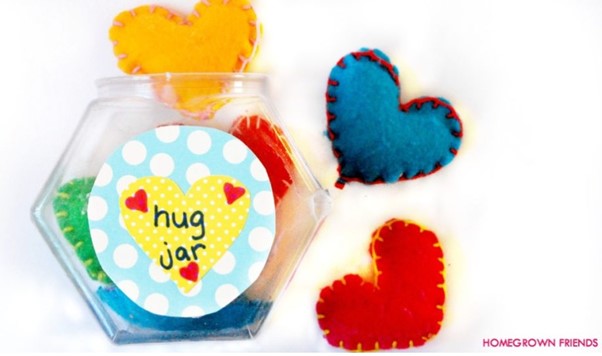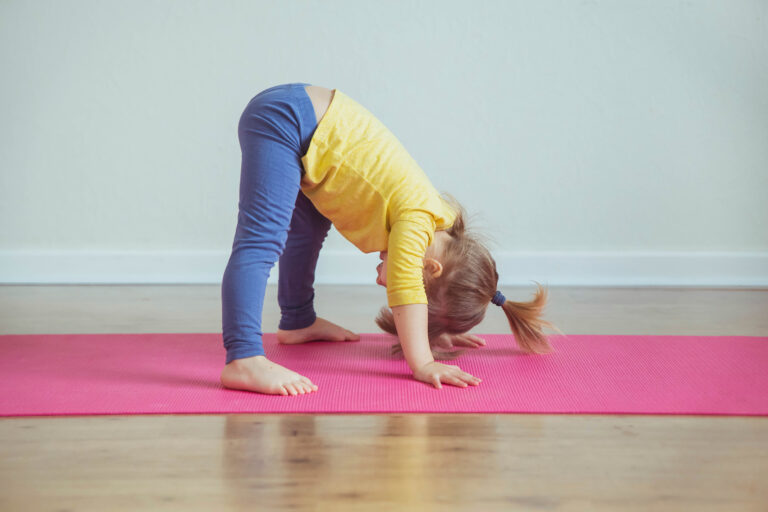Today’s young children are tomorrow’s adults, and our best hope for the future well-being of our planet is to teach our children about the importance of taking care of it as they grow.
Leading by example
For many of us, it can be difficult to remember to put paper, cardboard etc into the recycling bin rather than the waste bin – and if we’re honest, sometimes it’s just too much effort. However if our children are encouraged to learn about sorting and recycling, then this will become second nature. They won’t need to remember, they’ll just do it automatically.
Make dividing your rubbish into waste, recycling and compost a regular, everyday part of your lives. It gives you an opportunity to talk about shapes, sizes, colours and textures, extending their learning as well as taking care of our environment. When your children start asking ‘Which bin should I put this in?’ then you know that recycling has become a good habit that will be hard to break!
Making recycling fun
Of course, if you want to make it an every day part of life, you need to make recycling an easy, straightforward fun activity. Bins of different colours for waste and recycling make it easy for your children to remember which is which, as can having a compost caddy in an easy-to-access place – for example next to the dishwasher, or by the sink, so that food scrapings can be added easily when plates are on their way to be washed.
Saving not wasting
Children are used to seeing the lights come on when they press a switch, and water come flowing when they turn on a tap. It can be hard for them to understand that energy and water are resources that can be used up; in children’s minds they are literally ‘on tap’. That’s why it’s important we talk to our children from an early age about the word ‘waste’ and what this means, and why we should all work together to save our planet and limit waste.
We’re not suggesting sitting your children down in a row and lecturing them about carbon emissions – more ‘Let’s turn out this light so as not to waste electricity’, or ‘We’ll turn off the tap while we brush our teeth, otherwise we’re wasting water’.
Embrace second-hand items
Reusing items is a crucial part of reducing waste; every time you pass on a coat or a jumper to a friend with younger children, or pick up a great book in a charity shop, that’s one more item that isn’t thrown away and one more new item that doesn’t need to be produced.
Telling your children how great it is to see a family friend or cousin wearing that favourite jumper, or talking about all the people who might have enjoyed that book before, shows them that new isn’t always best.
Say no to plastic
Some young children love nothing more than rubbish, cheap plastic toys and trinkets. It can seem like a good way to keep them happy and amused if you buy them a little toy each time you go shopping, but these items tend to break easily and rarely keep young children amused for long. Try not to get into the habit of buying these items and pretty soon your children will stop asking for them – your pocket and the planet will thank you for it, and just think how much tidier your house will be!
Watch your food waste
It’s important to every parent or carer that their children have enough to eat. But if we always cook too much food, or put more on a child’s plate than they can realistically eat, then we inevitably see a lot of food being thrown away every day.
One strategy to deal with this is keeping an eye on how much your child can generally eat at a meal, and giving them a realistic portion.
If you’re worried they’ll be hungry, make enough so that there is spare in the pot. Then, if they are still hungry, they can have seconds.
Leftovers from a pan can be stored in a Tupperware and saved for another day, but leftovers from a plate are unappealing and much more likely to be thrown away.
Another tip is to make the most of your freezer, and if you don’t think you’ll eat any leftovers in the next day or two, then label it and pop it in the freezer for a quick, easy dinner another night.
Finally, when you shop, do it from a list, and if you can, from a weekly meal plan.
That way, you buy just what you need, and don’t end up with food going off in your fridge.
For lots more tips on meal planning, what you can and can’t freeze, and avoiding food waste, visit lovefoodhatewaste.com.
Cut the car
If you are able, walk, scoot or cycle to your early years setting or school or when you’re popping somewhere locally. Talk about how this is better for your bodies and for the planet because you’re not polluting the air with emissions from the car.
Walking also provides a great opportunity for noticing nature, wildlife and the seasons, helping to foster an early connection between your child and their outside environment.
Written for the Early Years Alliance by Siobhan Godwood

